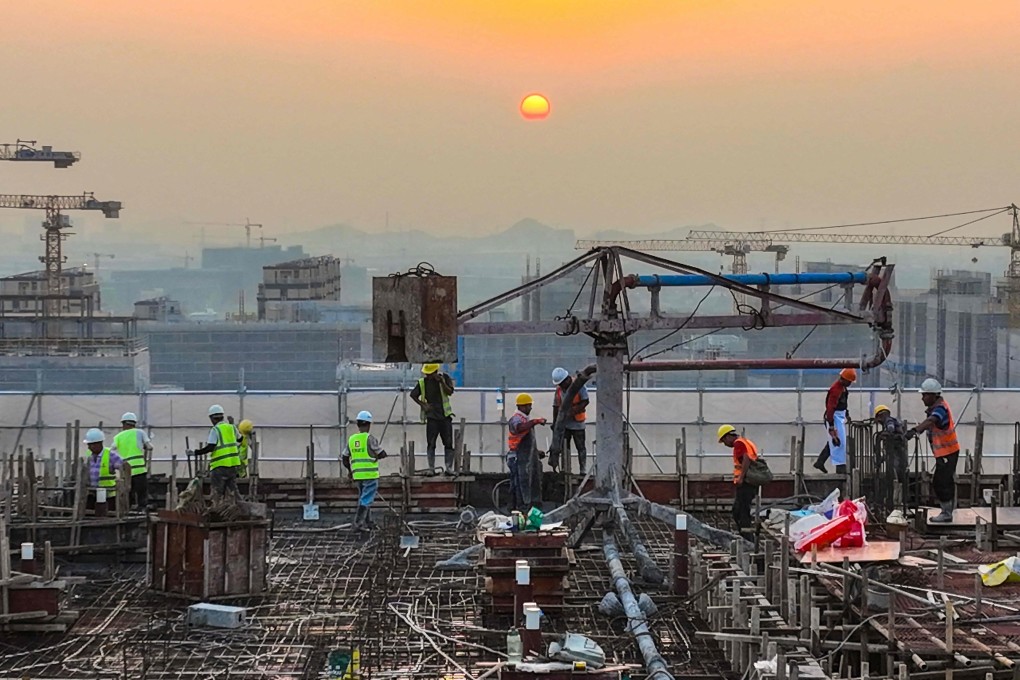China’s real estate, debt crises prompt IMF warning of widening economic damage
- Report by International Monetary Fund suggests China’s economy could be facing even more dire straits, and a ‘sharp repricing of assets’ is possible
- IMF’s assessment comes as calls for reform are growing not only externally, but inside China as well

Property and lending crises in China could leech further into the domestic economy and beyond, the International Monetary Fund (IMF) said on Tuesday, underscoring the urgency of government efforts to resolve them.
“In China, weakening economic momentum, a deepening property-sector downturn, and growing strains on local-government financing weigh heavily on market sentiment,” the report said. It also warned of a “sharp repricing of assets” without action.
“Continued turmoil in the property sector could spread to the financial sector and to local governments with significant dependence on property-related revenues, weighing on the already-weakening recovery,” the IMF added.
A pre-pandemic expansion in property has cratered over the past few years, exposing developers’ debts and lowering home prices.